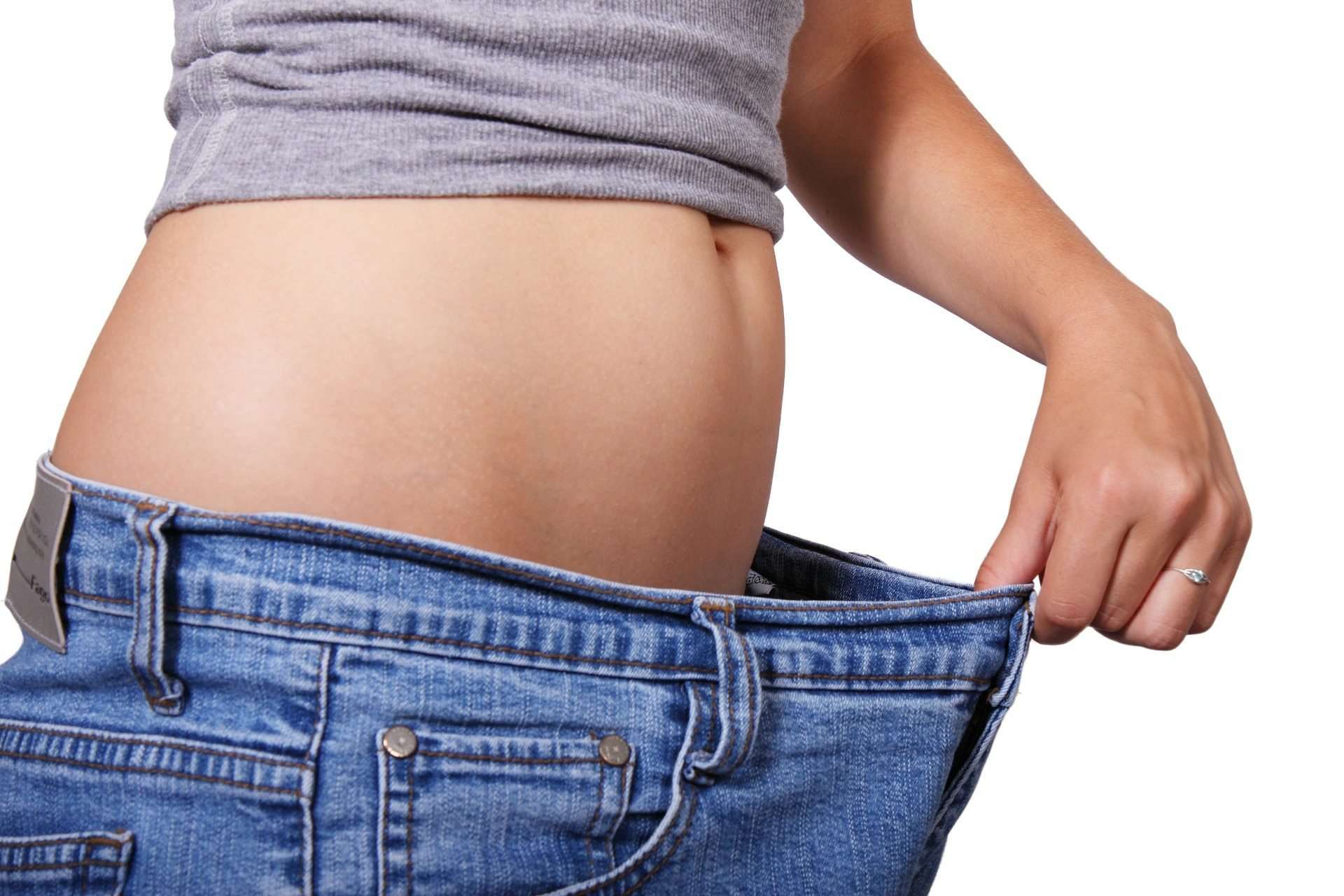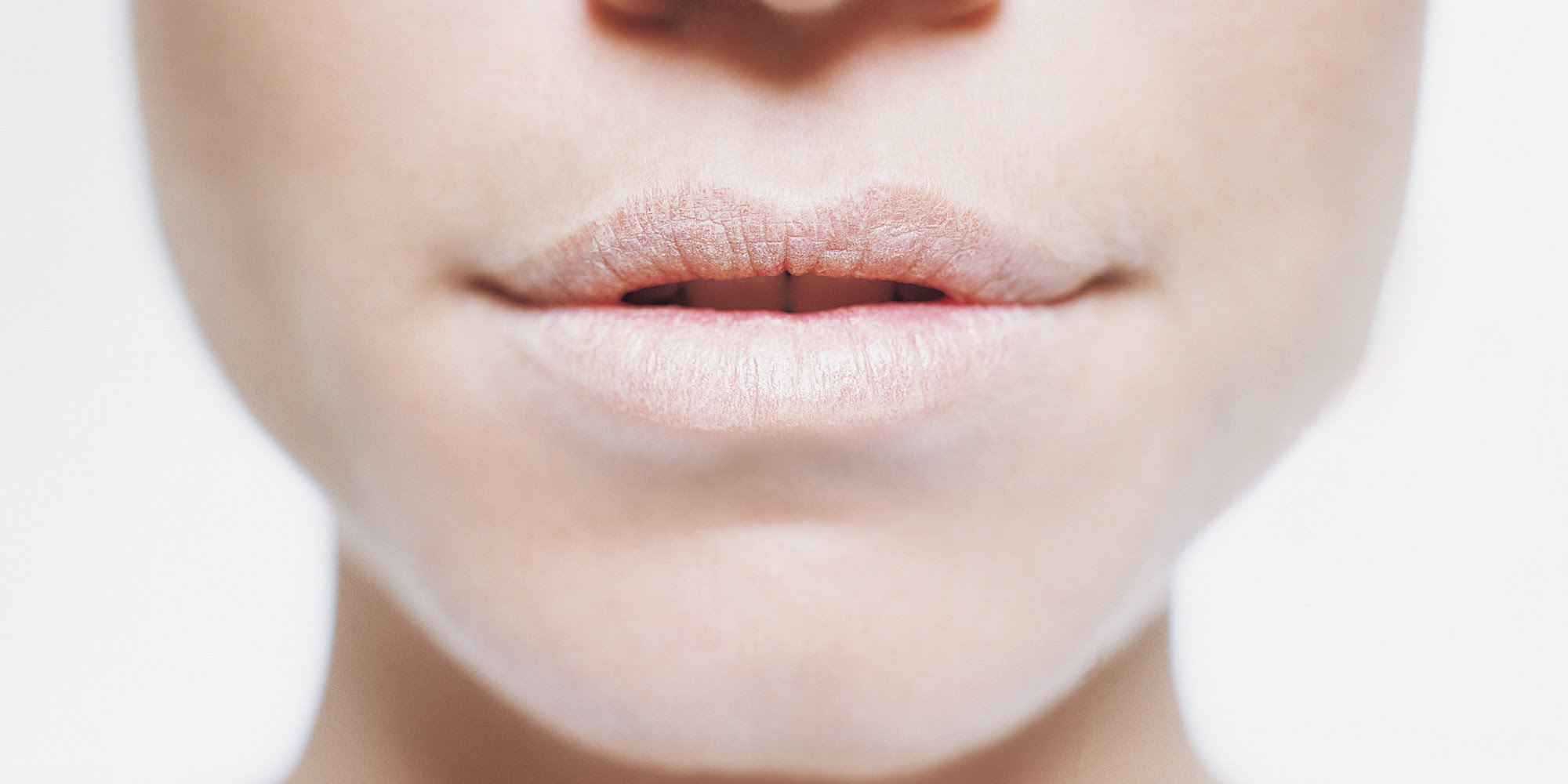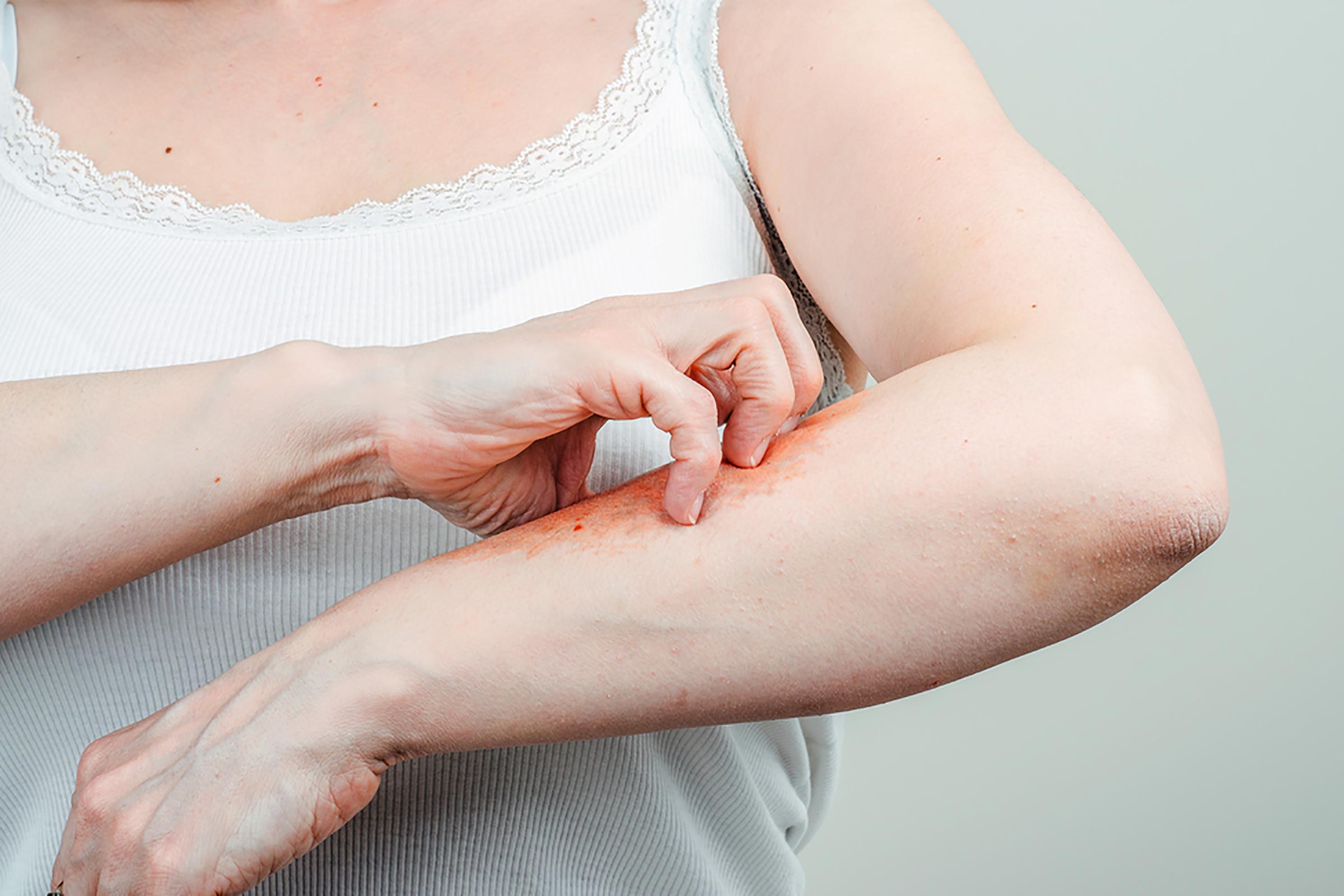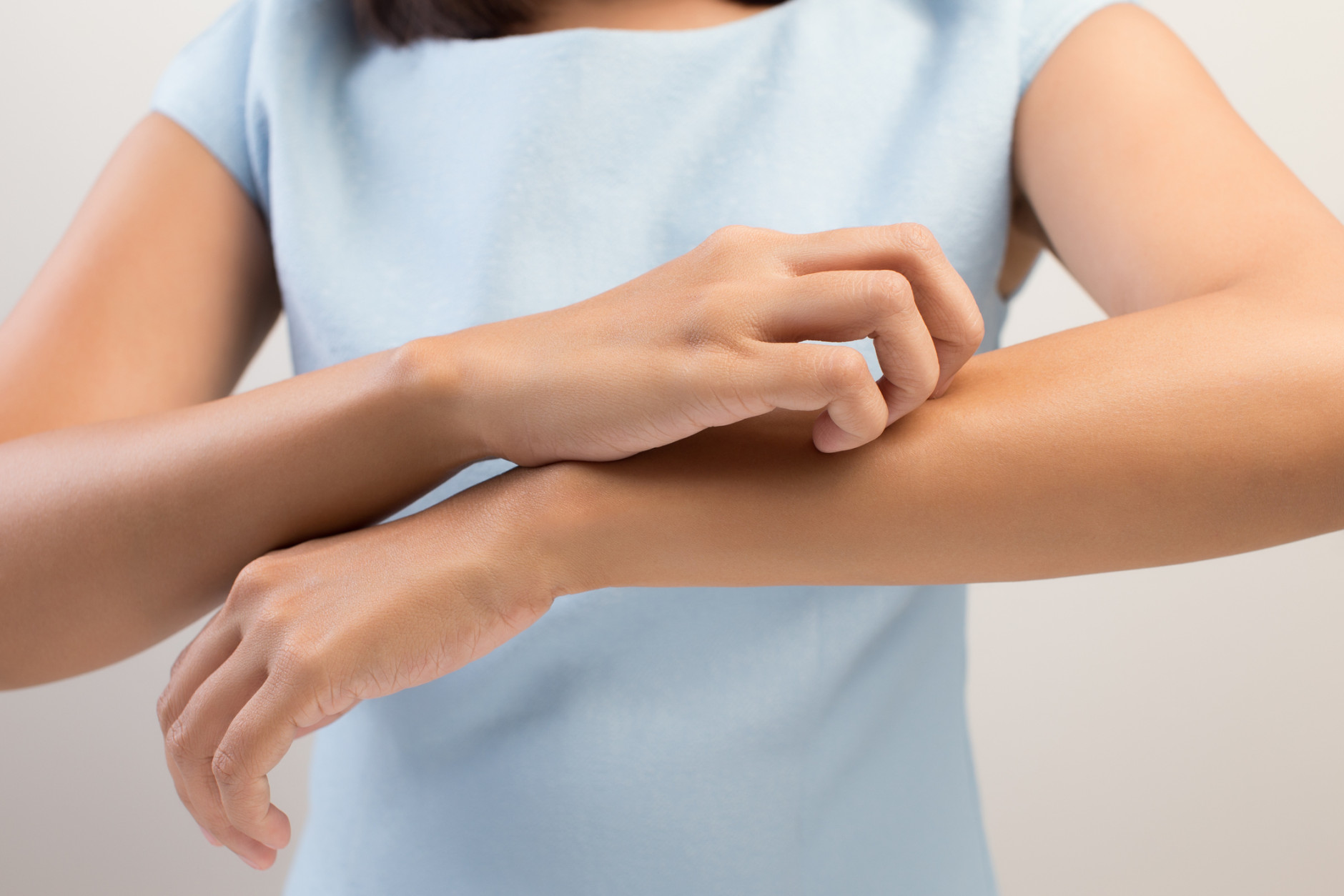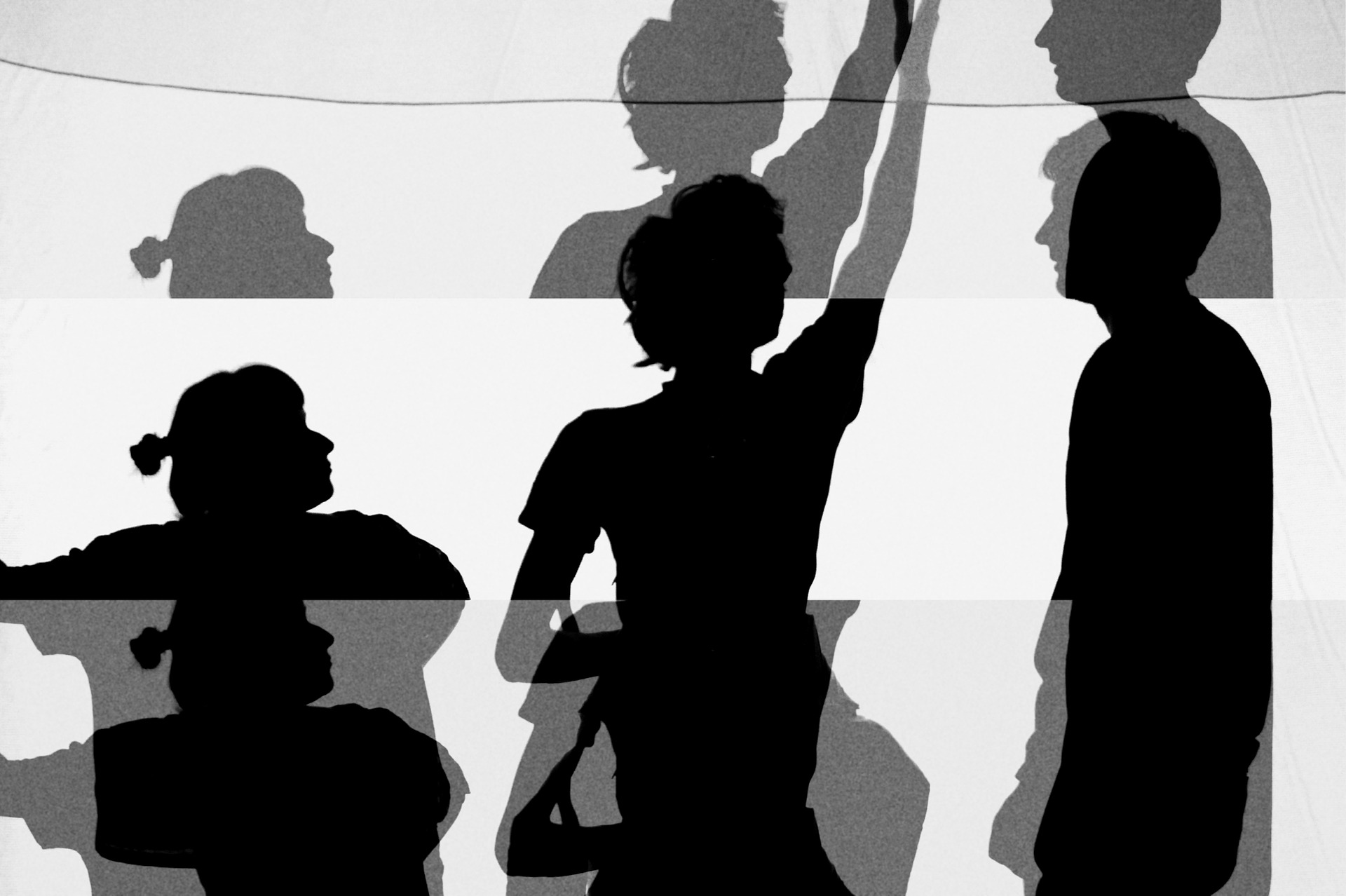Contents:
Medical Video: Self Esteem Tips: Dealing with Body Image Issues
We all have something we don't like about our appearance - the nose is too snub, the skin is too dark, the posture is short or too tall, or the eyes are too big or too small. Usually we realize that it is part of our imperfection, and does not interfere with everyday life.
However, the media plays a very big role in creating an unrealistic standard of self-appearance, which ultimately "forces" us to build perceptions of our bodies to follow these standards so that they can be accepted by society - especially in terms of beauty ideals and body shape expectations.
When body image is the main focus, you may tend to overestimate your size or weight, or think that your body must be more plump or slimmer. When perceptions of body image become mixed with personality and self-esteem, this can mean that there are deeper problems that can cause eating disorders.
There is no single cause for body dissatisfaction or eating disorders. However, various studies have shown that the media do contribute to the non-playful portion of the ideal body image, and that the exposure and pressure exerted by the media can increase body dissatisfaction and eating disorders.
Impact of negative body image on mental health
Depression
Adolescents who have a negative self-image are more likely to experience depression, anxiety, and tendency to think and / or attempt suicide than a group of teens who can accept their appearance as they are, even when compared to adolescents with other psychiatric illnesses, according to a recent study by the team joint researcher from Bradley Hospital, Butler Hospital, and Brown Medical School.
For example, the comment "fat". Analyst Arroyo, PhD, and Jake Harwood, PhD from the University of California collaborated two separate studies to find out whether this type of comment was the cause or result of concerns about ideal body weight and other mental health issues.
The researcher described the "fat" comments as all kinds of comments from other people about what participants eat and exercise they should do, their anxiety about being overweight, how they looked at their weight and body shape, as well as how they were involved in making comparisons with people other issues.
As a result, overall, regardless of the gender or body mass index (BMI) of the participants, the more often they participated in comments like this, the lower their satisfaction with their own bodies and the higher levels of depression they experienced after three weeks. From these two separate studies, the researchers concluded that eating disorders, worries about body image to be slim, and mental disorders are indeed the result of being involved in "fat" comments, not just listening.
Body Dysmorphia Disorder
Classic body dysmorphia (BDD) is an obsession with body image that is characterized by constant worries about the level of physical defects and imagined appearance, or excessive attention to very minimal body deficiencies, such as a crooked nose or imperfect skin. BDD associated with weight is classified as a destructive obsession with the weight and shape of the body, for example, thinking the thighs are too fat or the waist is too big.
In fact, the 'disability' that is felt may only be in the form of minimal imperfections, or even none at all. But for them, the disability was considered very significant and prominent, causing severe emotional distress and difficulties in daily functions.
BDD most often occurs in adolescents and adults, and research shows that this affects men and women almost as much.
The causes of BDD are unclear, but certain biological and environmental factors can contribute to their development, including genetic predispositions, neurobiological factors such as impaired serotonin function in the brain, personality traits, and life experiences.
This obsession makes it difficult for people with BDD to focus on anything but their imperfection. This can cause low self-esteem, avoid social situations, and problems at work or school. People with severe BDD can avoid leaving their homes altogether and may even have suicidal thoughts or commit suicide attempts.
BDD sufferers can do certain types of compulsive or repetitive behavior to try to hide or disguise their deficiencies even though this behavior usually only provides temporary solutions, for example: makeup camouflage, dress size, hairstyle), choosing plastic surgery procedures, obsessive mirror self-monitoring , avoid mirrors, scratch the skin, and so on.
Anorexia Nervosa
Many people think that anorexia is a condition experienced by one individual voluntarily.
Anorexia is the most deadly mental disorder, bringing a sixfold increased risk of death - four times the risk of death from major depression. The possibility is even worse for people first diagnosed with anorexia when in their 20s. They have 18 times the risk of death compared to healthy people in the same age group according to an analysis of the medical literature by Jon Arcelus, MD, PhD, from the University of Leicester, England. If left without treatment, eating disorders can take over a person's life and cause potentially fatal serious medical complications. Although eating disorders are generally associated with women, this affects men almost as much.
People with anorexia nervosa may see themselves as overweight people, even when they actually weigh far below healthy standards.
Anorexia causes the sufferer to deny food needs for himself to the point of deliberate hunger when he is obsessed with losing weight. In addition, people with anorexia will deny the hunger and still refuse to eat, but at other times he will avenge overeating and throw away calorie intake by vomiting food or exercising desperately outside of his body's tolerance.
Emotional symptoms of anorexia include anger, withdrawal from social situations, lack mood or emotion, unable to understand the seriousness of the situation he is in, fear of eating in public and obsession with food and sports. Often people with anorexia will develop their own food rituals or throw away the whole food from their diet, for fear of being "fat".
Bulimia Nervosa
People with bulimia show loss of control when eating large portions in a short time, then exert all their abilities to get rid of calorie intake by forcing vomiting, furious exercise, or abuse of laxatives.
This behavior then grows into a repetitive cycle that controls many aspects of the life of the sufferer and brings a number of adverse effects, both emotionally and physically. People with bulimia usually have a normal body weight, or can be a little overweight.
Emotional symptoms of bulimia include very low self-esteem related to body image, feeling unable to control themselves, feeling guilty or ashamed of eating activities, and withdrawal from the surrounding environment.
Like anorexia, bulimia will also have an impact on body damage. Excessive eating and vomiting cycles can damage body organs involved in the digestive system, teeth damaged by abrasion from vomiting, and ulcers. Excessive vomiting can also cause dehydration which can lead to arrhythmia heart attacks, heart failure, and even death.
READ ALSO:
- Confident and narcissistic, what distinguishes?
- A fast ass like Beyonce or Kim Kardashian is not impossible!
- water, in addition to dealing with dehydration, also has other benefits, you know!

